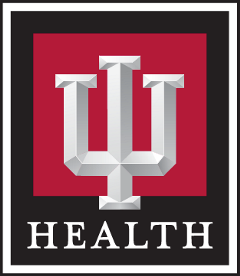Don’t Ignore Low Good Cholesterol Levels
 It is not often you hear a person in casual conversation mention their low good cholesterol (HDL). In fact, I can’t remember one single time when a relative or friend of mine brought this up. On the hand there have been numerous discussions covering the many facets of bad cholesterol.
It is not often you hear a person in casual conversation mention their low good cholesterol (HDL). In fact, I can’t remember one single time when a relative or friend of mine brought this up. On the hand there have been numerous discussions covering the many facets of bad cholesterol.
What is good cholesterol
HDL is made up primarily of protein, and in the world of lipoprotein is considered to be very lean. Not only do these molecules have little fat they seek out excess cholesterol and other fats and make sure they are transported out of the body through solid waste or bile. Most studies suggest that if a person has 1 good cholesterol molecule for each 2.5 bad cholesterol molecules their overall cholesterol levels are considered to be heart healthy.
How does a healthy bad to good cholesterol get out of whack?
Actually it can happen quite easily. The obvious reason would be consuming a diet which is too high in saturated fat and cholesterol. But while tilting our ratios out of whack, this cholesterol no-no would have little to do with why we might be struggling with low good cholesterol.
What factors have been shown to cause low good cholesterol?
Lack of exercise: This is one that can sneaks up on almost anybody, until one day our health starts to deteriorate right in front of our very eyes. As we grow older other priorities take precedence over daily exercise. Perhaps we no longer have someone to exercise with; we are now focused on our kids and grand kids; we are comfortable in our relationships; our energy levels are not what they used to be; or maybe even our work schedules brought about by tough financial times leave little motivation or energy for exercise. In other words we just slowly slip into a state of inactivity which in turn produces low good cholesterol and increases the chances of having a heart attack or stroke.
Packing on the pounds: Weight gain occurs one pound at a time until one day a person wakes up to find themselves way overweight. This also skews cholesterol ratios in a negative way and reduces good cholesterol.
Smoking: Smokers are between 2 and 4 times more likely to have a heart attack or stroke than non-smokers. It also damages the arteries, lowers HDL cholesterol (good), and raises LDL cholesterol (bad) levels.
Other factors that can contribute to low HDL cholesterol levels are heavy drinking, consuming foods high in trans fatty acids, consistently high stress levels, not getting enough sleep, and consuming an unbalanced high protein, high saturated fat diet.
Turning the tables on low good cholesterol through supplementation
Supplementation alone won’t do the trick but along with diet and exercise they may help. The three supplements my family and I use to turn the tables on low good cholesterol are vitamin B supplements, omega 3 rich fish oil, and a cholesterol reduction products containing policosanol and lecithin oil. Talk to your doctor to find out whether natural supplements are right for you.
